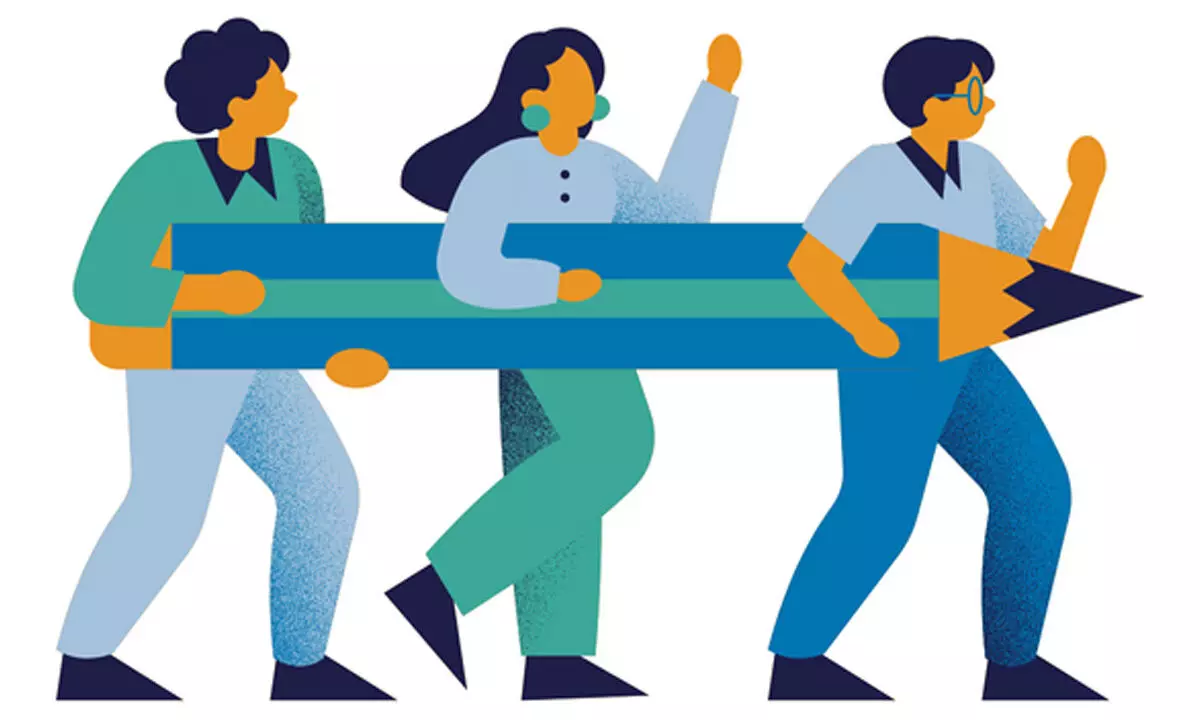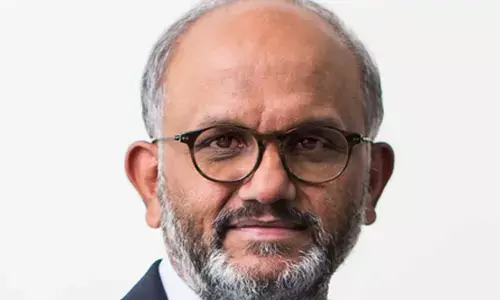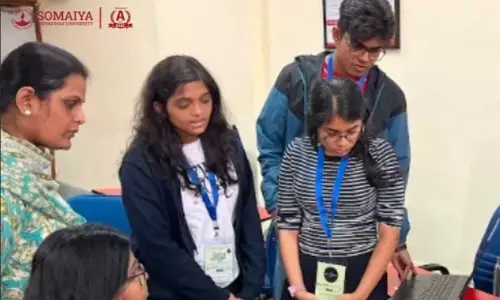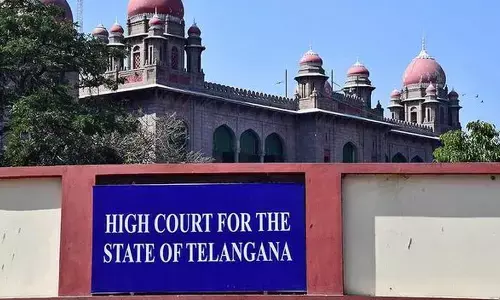Responsibility and accountability in creative economy

It has become apparent that as the creative landscape continues to evolve, there emerges a need for responsibility and accountability
It has become apparent that as the creative landscape continues to evolve, there emerges a need for responsibility and accountability. As UNESCO describes, the creative economy is the intersection of art, culture, business, and technology and includes media, design, fashion, and architecture, and, more recently, AR, VR, and AI, among others. With the growing employment and creative industries, stakeholders need to consider the ethical and sustainable development of these sectors. In this context, we consider how the creative economy is affected by responsibility and accountability, and what policies can be adopted to strengthen these aspects in the context of future development of the economy.
Defining Responsibility in the Creative Economy Context
Responsibility within the framework of the creative economy implies a need to understand the scale of the creative economy and its outputs on society, culture, and the ecosystems. As the creative industries mature, they begin to shape the prevailing views, social practices, and actions of individuals. For example, the media framing diversity, gender, and ethical consumption have a significant influence on the attitudes of society. In the same way, the design and fashion industry, quite the same addressing creativity and economic growth, have many arguments against them because of its trigger of overconsumption, contradictory designs, colours and waste production.
Here, responsibility is not only about making money. It is also about consideration for culture, the environment, and ethics. These concerns suggest a wider view of the consequences of a creator’s company or policymakers’ decisions on the locality, culture, and ecology. Such irresponsible creative work is considered to be what responsible innovation is meant to fight against.
Responsibility in Creative Industries
As part of the creative economy, accountability requires responsibility for actions including the production and consumption of creative works and their effects on society. Nowadays Accountability towards the use of creativity in the digital realm is getting harder due to the convergence of technology and creativity. In AI- and generative technology-driven industries, the barriers of data privacy, ownership of assets, and false information also urge new requirements onto the creators.
For creative companies, accountability is about effective and responsible governance mechanisms. It means equal pay for creators, respect for and authentic representation of culture, and protection of the planet. Corporations that choose not to refrain from self-governance might suffer the wrath of society in particular in this polarised area of social media engagement where it has become fashionable to demand openness.
Consequences of Non-stop Expansion on the Creative Economy
Most often, the expanding advantage of the creative economy witnesses an expansion in a very unregulated manner. The creative economy is not limited to the ‘fast fashion’ or fashion industry nor media and advertising industries, its more than these two. The economy revolves in exploiting the tangible and Intangible heritage. There is a greater risk to both society and the environment when the focus on the output of these creative businesses is short term profit maximisation internally rather than long term viability of the entity and its surroundings.
Also, non-stop expansion has the tendency of abusing cultural resources which leads to the commercialisation of culture and its qualitative degradation. Big companies can easily mass-produce indigenous designs or crafts but will hardly help the communities that produced them in the first place. This perceivable growth ignores the culture embedded in heritage making it a shallow commodity and downplays the importance of empowering local artisans as well as respecting the intellectual property. The most concern aspect is providing access of remote locations for tourism causing hidden crime of exploitation of human and also environment.
Infusing the Sense of Responsibility and Accountability through Policies and Education
Individuals, working for governments and other institutions have a significant part to play concerning the accountability and responsibility of the creative economy. Steps can be taken to shield the culture such as ownership of ideas, equitable payment for services, fair representation, stringent punishment for the offences of outsiders in rural and remote locations. A strong message about responsible inventions may be sent through tax deductions and grants to companies that include sustainable requirements in their work.
Educational institutions also have a stake here. Teaching future creatives to combine their practice with responsibility is a step towards a more sustainable industry. As a bare minimum, creative courses should have elements of ethics, copyright, and sensitivity to other cultures. In this way, as a responsible culture is built strong from the very beginning, future creators will take ownership of their accountability as a matter of healthy practice.
Convergence of Responsibility and Technology
The creative economy relies heavily on technological advancements like AI, AR, and VR, which are revolutionising content creation and delivery. However, this also raises ethical issues such as personal data abuse, algorithmic bias, and cultural appropriation. Generative AI art raises the question of crediting creators, as algorithms often scrape images and cultural material. Care must be taken to prevent misrepresentation and appropriation of source culture. In the creative economy, responsible use of technology involves creating a framework of rules to ensure innovations are used for the benefit of the community, culture, and society at large.
A New Model of a Creative Economy Based on Responsiveness and Responsibility
The creative economy emphasises responsibility and accountability for sustainable development, respecting people, economies, cultures, and the environment. Key stakeholders, including creatives, businesses, policymakers, and consumers, must construct the economy for positive change, cultural identity protection, and sustainable development. By embracing diversity and guiding creative efforts, the creative economy can positively impact society and contribute to societal progress.










